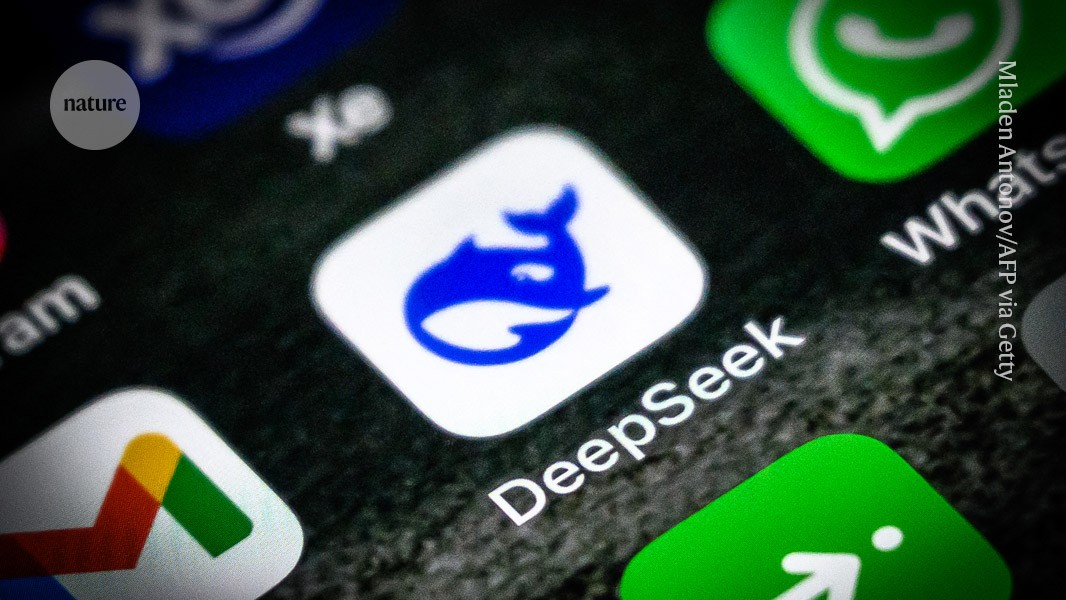METRO.CO.UK
Eternal Strands review Dragon Age meets Zelda and Shadow Of The Colossus
Eternal Strands it certainly does go on a bit (Yellow Brick Games)The director of the first three Dragon Age games presents the first title from his new studio and its not what youd expect from a BioWare veteran.There has been a lot of, very understandable, concern about the future of BioWare recently. Dragon Age: The Veilguard was not nearly as big a hit as it needed to be and the new Mass Effect is taking a worryingly long time to develop. Theres also the fact that so many key staff have left over the last several years, from the founders themselves to Mass Effect director Casey Hudson and his equivalent on Dragon Age, Mike Laidlaw.Some have left the games industry entirely, while Hudsons attempt to found a new studio was met with disaster, when it and its first game were shut down due to a lack of investment. After leaving BioWare, Laidlaw initially joined Ubisoft, but his game was cancelled as well, and so he then formed his own indie studio, with this being its first release.When leaving a big name studio, many developers end up making basically the same thing but under a different name, but Eternal Strands has far less in common with Dragon Age than you might imagine. Its primarily an action game, with some unexpected influences, and surprisingly the storytelling is one of the worst things about it.Eternal Strands is an action adventure game, with only light role-playing elements, that is very obviously influenced by Shadow Of The Colossus. Not in that its trying to copy any specific part of it but just the general idea of fighting enemies so big you have to climb up them to get to their weak spots.In Shadow Of The Colossus, the protagonist was able to do nothing but wield a sword, but in Eternal Strands your list of abilities is longer. Thanks to your magical affinity you can manipulate both ice and fire, enabling you to freeze minor enemies (or specific parts of larger ones) in place and create ice walls and bridges.You can summon an explosive fire spirit or make use of a separate strand of telekinetic powers, that allow you to grab and throw objects like a Tolkien-esque Darth Vader. Your repertoire is a bit front-loaded, in that many of the later abilities arent quite so interesting, but theres lots of clever ideas, like burning the fur off enemies or making metal armour so cold and brittle that its easier to break.The games best moments are when fighting the larger enemies, all of which have multiple ways for you to defeat them. Although, unlike Shadow Of The Colossus, you can take them on more than once, with extra awards available if you manage to figure out how to reveal their core and attack that instead of just wailing away at them randomly.As fun as that seems in theory the problem is that theres only nine of these giant enemies and fighting the smaller ones is considerably less entertaining, with much less interesting designs and very limited melee combat options. There is a crafting element, which is one reason to go back to the big bosses, but its fiddly and doesnt make much difference.Unfortunately, the plot underpinning the game only makes things worse. Its such a formulaic collection of cliches and needlessly confusing background lore its almost bordering on parody. For the record though you play as a type of magic user known as a Weaver, who together with a group of allies sets off to discover what caused the Surge a magical disaster that has everyone else hating on anyone using magic.Your quest involves breaching The Veil (not to be confused with The Veil from Dragon Age: The Veilguard) in order to get to The Enclave. Thats only the tip of the proper noun iceberg and, frankly, its all deeply uninteresting and horribly unimaginative. It reminded us of Immortals Of Aveum, not in terms of any of the details but the fact that the developer couldve made up any fantasy world they wanted and yet settled for the most generic concepts possible. The bigger they are the harder they fall (Yellow Brick Games)In terms of moment-to-moment storytelling the game also struggles, with bland party interactions and very slow pacing. Given how much dead time there is between major plot points this really should have been a significantly shorter game than it is, especially given how much backtracking and mindless fetch quests there are.The open world exploration, where you can climb almost any surface, is clearly inspired by Zelda: Breath Of The Wild but theres very little in the way of secrets to find, so the size of the map just ends up becoming an irritation.Theres also a strange weather system that seems to have been specifically designed to make your life a misery. Areas can suddenly freeze up or become burning hot, which interferes with your magic abilities and forces you to change clothing and take drafts, again just like Breath Of The Wild. Unlike Nintendos games though its never entirely clear how hot or cold you are and whether you need to do more to protect yourself.The miasma events are even worse as they block off certain routes, forcing you to find another way round, which just drags things out even further and ruins boss fights if one happens to be going on at the same time.More TrendingIn terms of visuals the game is okay, in a low rent Fortnite kind of a way, but like the plot it lacks a distinctive personality of its own. Its also trying to do far too much on an obviously low budget, with the physics engine proving glitchy and inconsistent. Breath Of The Wild took one of the most talented developers in the world years to create, so it was madness to think that a debutant indie studio could emulate it on a AA budget.Despite some clever ideas and mechanics we particularly like the ice powers Eternal Strands is a slog to get through. The first dozen or so hours are enjoyable enough, but wed be surprised if many made it beyond that. In that sense its an ideal Game Pass game but given the high asking price its not something that can be otherwise recommended, in what is yet more bad news for BioWare fans.Eternal Strands summaryIn Short: You cant fault its ambition, but this is too little game stretched across too much open world map, with repetitive enemy encounters and tedious storytelling.Pros: The giant enemies are fun to battle and the magic abilities are often quite inspired and versatile, especially the ice powers.Cons: Everything outside of the core action is a slog, with boring minor enemies, uninteresting crafting, and too many fetch quests. Dull storytelling, in terms of plot, characters, and pacing.Score: 5/10Formats: PlayStation 5 (reviewed), Xbox Series X/S, and PCPrice: 32.99*Publisher: Yellow Brick GamesDeveloper: Yellow Brick GamesRelease Date: 28th January 2025Age Rating: 12*available on Game Pass Ultimate and PC Game Pass from day one Trying to copy Breath Of The Wild is certainly a bold move (Yellow Brick Games)Emailgamecentral@metro.co.uk, leave a comment below,follow us on Twitter, andsign-up to our newsletter.To submit Inbox letters and Readers Features more easily, without the need to send an email, just use ourSubmit Stuff page here.For more stories like this,check our Gaming page.GameCentralSign up for exclusive analysis, latest releases, and bonus community content.This site is protected by reCAPTCHA and the Google Privacy Policy and Terms of Service apply. Your information will be used in line with our Privacy Policy










